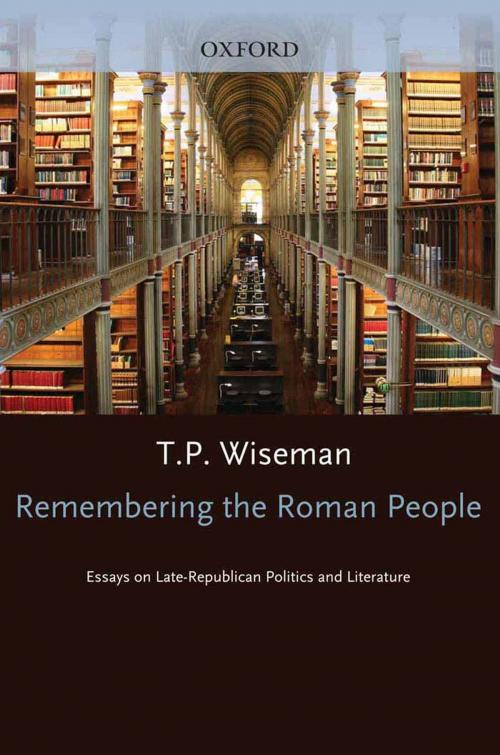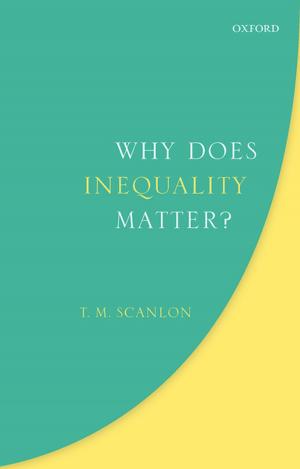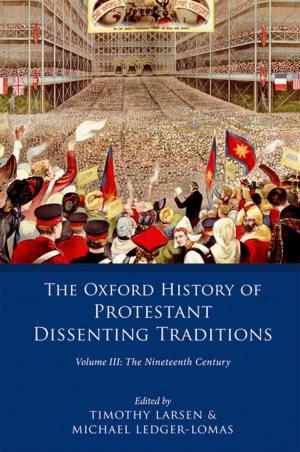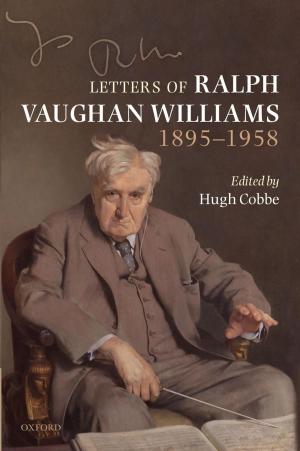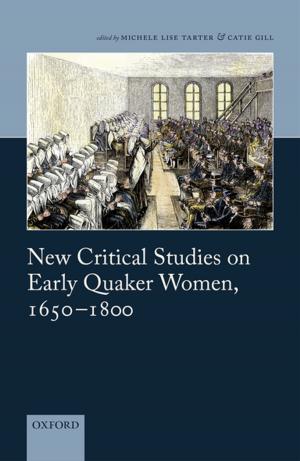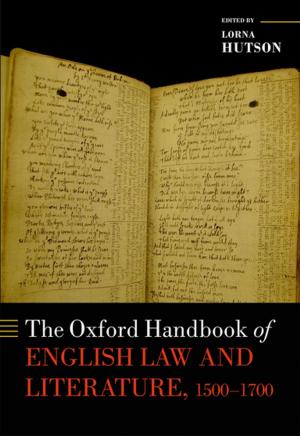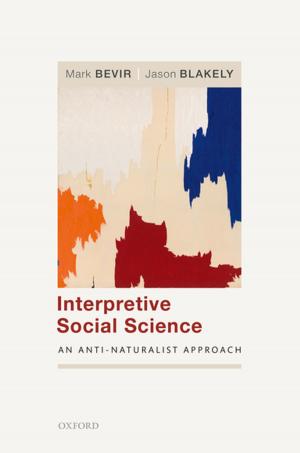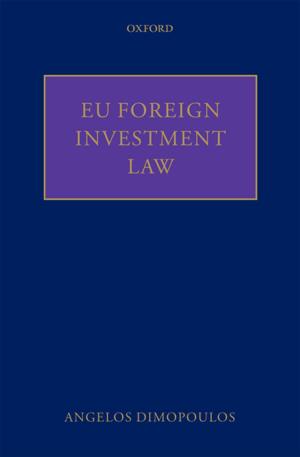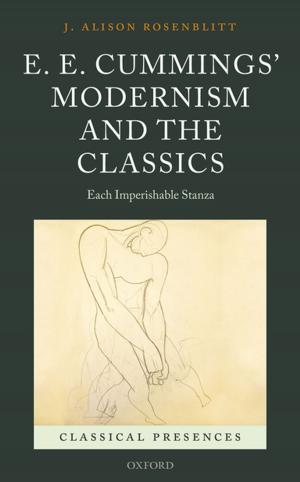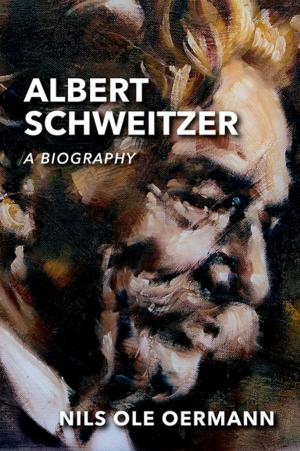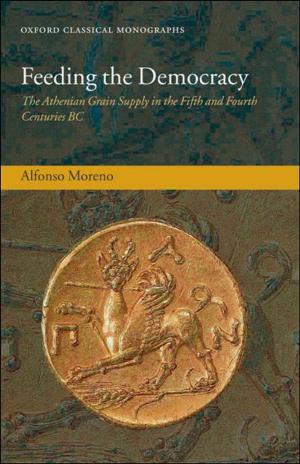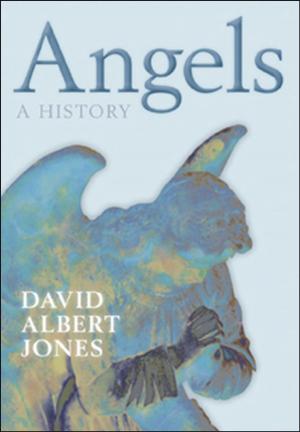Remembering the Roman People
Essays on Late-Republican Politics and Literature
Nonfiction, History, Ancient History, Fiction & Literature, Literary Theory & Criticism| Author: | T. P. Wiseman | ISBN: | 9780191617010 |
| Publisher: | OUP Oxford | Publication: | June 30, 2011 |
| Imprint: | OUP Oxford | Language: | English |
| Author: | T. P. Wiseman |
| ISBN: | 9780191617010 |
| Publisher: | OUP Oxford |
| Publication: | June 30, 2011 |
| Imprint: | OUP Oxford |
| Language: | English |
In the Roman republic, only the People could pass laws, only the People could elect politicians to office, and the very word republica meant 'the People's business'. So why is it always assumed that the republic was an oligarchy? The main reason is that most of what we know about it we know from Cicero, a great man and a great writer, but also an active right-wing politician who took it for granted that what was good for a small minority of self-styled 'best people' (optimates) was good for the republic as a whole. T. P. Wiseman interprets the last century of the republic on the assumption that the People had a coherent political ideology of its own, and that the optimates, with their belief in justified murder, were responsible for the breakdown of the republic in civil war.
In the Roman republic, only the People could pass laws, only the People could elect politicians to office, and the very word republica meant 'the People's business'. So why is it always assumed that the republic was an oligarchy? The main reason is that most of what we know about it we know from Cicero, a great man and a great writer, but also an active right-wing politician who took it for granted that what was good for a small minority of self-styled 'best people' (optimates) was good for the republic as a whole. T. P. Wiseman interprets the last century of the republic on the assumption that the People had a coherent political ideology of its own, and that the optimates, with their belief in justified murder, were responsible for the breakdown of the republic in civil war.
